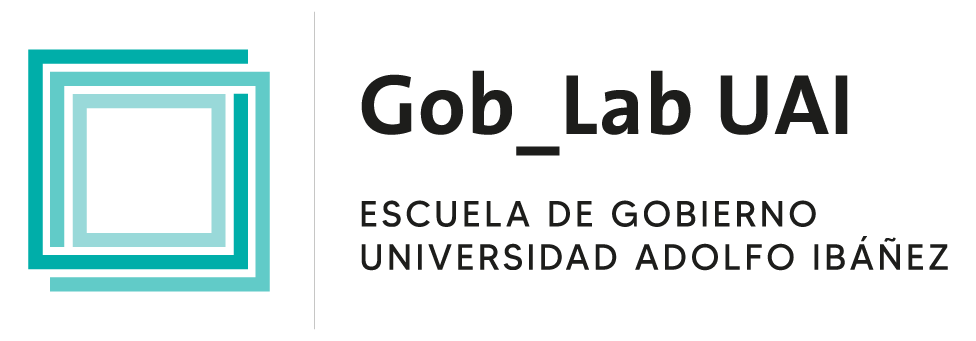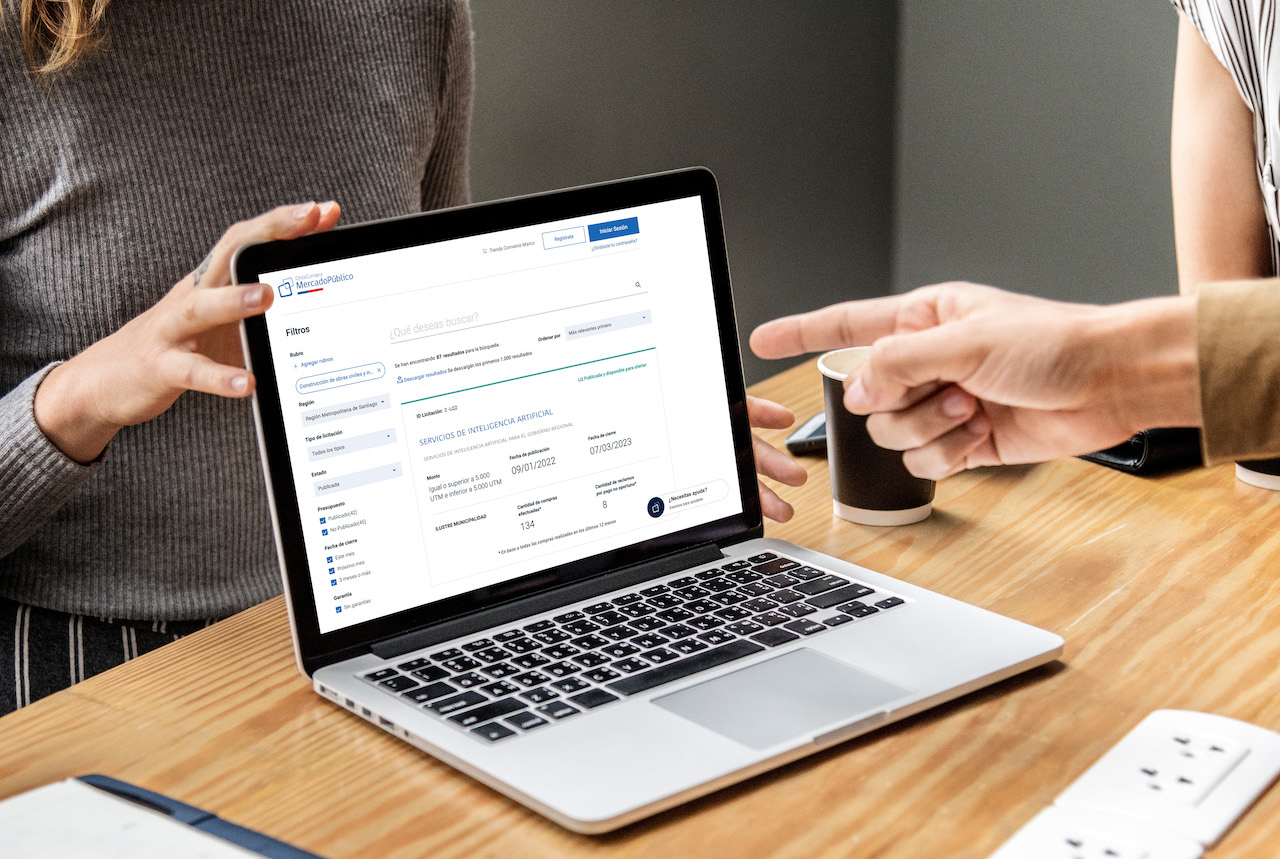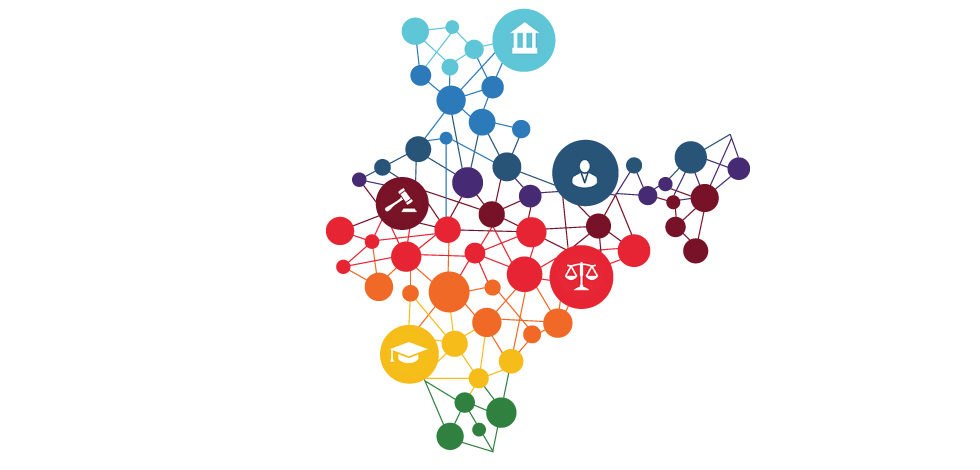
The Gob Lab UAI of the School of Government held the seminar “Technologies for citizen participation in the legislative process”
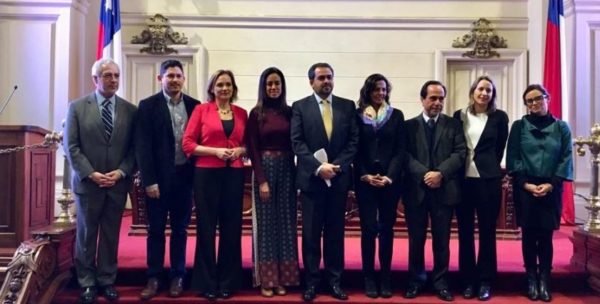
Citizen participation in the legislative process
July 11, 2019
The Gob Lab UAI of the School of Government held the seminar “Technologies for citizen participation in the legislative process”, where the first results of the project developed collaboratively between Adolfo Ibáñez University and Harvard University were announced, which sought intended to investigate in which cases and in what way citizen participation can improve the legislative process and / or the democratic debate through the use of digital platforms.
The research, which was also supported by The David Rockefeller Center for Latin American Studies at Harvard University, was led by UAI academics Luis Santana, from the School of Communications and Journalism, and Mayra Feddersen, from the Faculty of Law, together with the researcher at Harvard University, Victoria Alsina.
The first conclusions of this study were presented in the Hall of Honor of the headquarters of the Senate in Santiago and had the participation of political and academic authorities, including the president of the Senate, Jaime Quintana; Senators Carolina Goic and Alfredo de Urresti; Deputy Paulina Núñez; the dean of the Faculty of Law, Ramiro Mendoza; the dean of the School of Communications and Journalism, Magdalena Browne; and the executive director of The David Rockefeller Center for Latin American Studies Regional Office, Marcela Rentería, in addition to the aforementioned researchers.
Rentería explained that the objective of this research has been to “evaluate how citizen participation has worked and implement changes in their current practices. Its results will serve to support the development of institutional initiatives related to the permanent implementation of citizen participation in the Congress discussions.”
Likewise, Victoria Alsina affirmed that work has been done on a model of citizen participation for the cycle of the elaboration of public policies and laws, in which new technologies have been incorporated in order to take advantage of the opinions of citizens and thus to improve the policies adopted. The researcher mentioned some of the most successful cases at the international level where this model has been applied: Better Reykjavík (Iceland), vTaiwan (Taiwan) and Parlement et Citoyens (France).
In this sense, the research carried out by the UAI academics was focused on the analysis of the Chilean Senator Virtual platform, which has been running in Parliament for 16 years and whose function is to provide citizens with the possibility of raising their ideas and even vote on some bills that are being processed in Congress. Therefore, what this study intended to answer was whether this tool effectively produces a more democratic relationship in terms of participation.
Santana explained that, through this investigation, five “democratic potentials” were identified in the Virtual Senator platform: “add different points of view, create a healthy public sphere, generate deliberate social capital, capture collective intelligence and directly collect opinion of those affected or benefited by a rule ”.
For its part, Feddersen emphasized that two fundamental aspects of the Virtual Senator must be worked on: to develop a platform dissemination strategy, due to the limited use and knowledge of it, and to implement a more stringent user authentication process, since at the moment it is only enough to enter an email to access the platform, so that the same person could have multiple accounts and, in consequence, could also vote multiple times.
On behalf of the parliamentarians, Senator Quintana said that “the full communications cycle of the Chilean Parliament needs to adopt new and better mechanisms that allow people to participate actively in decision-making, just free elections are not enough. (…) The signals are unequivocal, people not only want to attend, but also to influence the legislative debate, and for that it is essential to design and generate a structure that promotes greater active citizen participation ”.
Finally, Senator Goic referred to the recent experience obtained from the processing of the National Cancer Law, which included the incorporation of a web platform for citizen participation during her first constitutional process in the Senate. The idea was that those elements mentioned in a more recurrent manner should be systematized and, if feasible, could be incorporated as indications to the bill. In this way, all the comments were collected, analyzed and integrated into a final report prepared by a group of experts, which was subsequently delivered to the senators and published on the same website. “This is a first experience, an initial pilot, but it is tremendously powerful to move towards better legislation and also towards better democracy,” Goic concluded.
